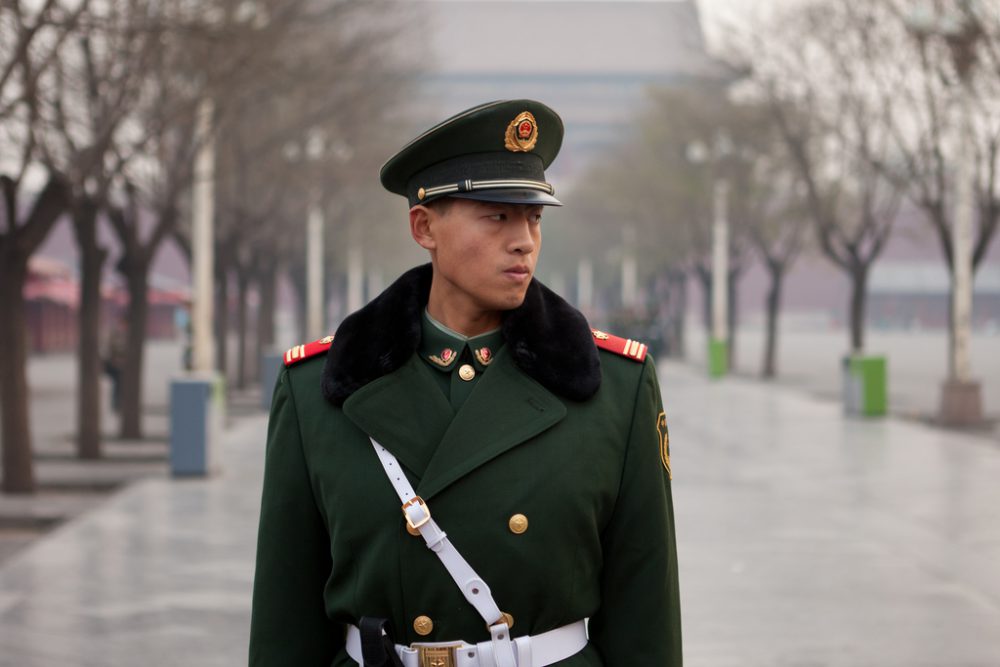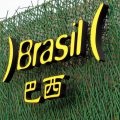History does not repeat itself. The Paris Commune is different from the besieged village of Wukan, Guangdong Province, which might also mark a milestone for social emancipation. The self-governing experiment of this small town is coming to an end, leaving us grave lessons. After 10 days of isolation and 3 moths of protest, the barricades blocking the access to the village have been removed. The villagers surrendered to the police, without paying a tribute in blood or massive arrests. They also received something in the “peace negotiation”. The representatives elected by the citizens will not be prosecuted and the obscure death of a demonstrator, dead while interrogated by the police, will be investigated to find the culprits. Finally, all the arrested will be released.
Jubilant inhabitants of Wukan took the street for the conclusion of the siege. They do not want to be against the CCP, but just to protect their rights against predatory cadres, incompetent bureaucrats, and greed speculators. The story is similar to many others. To dispossess somebody from the land he owns (or to compensate with marginal money) is quite common in China. The same land is then used to build houses and offices with immediate and gigantic profits. This time the plot went wrong, at least so far. An unprecedented insurrection took place after the death of one representative of the rebels, triggering immediate attention from Chinese and international media.
Irrespective of the outcome, two lessons are to be learned. First, the “incidents” in China have reached the alarming number of 180.000 in 2010, according to independent and respected sources. The number, per se, is not big, considering the size of the country and the impact of social changes. The growth of social turmoil is instead very worrisome to Beijing. People resent arrogance and brutality, mainly when their personal interests are touched. Politically rooted protests are marginal. Second, but likely more important, the police did not intervene to sedate the revolt. The use of force was a deterrent, not a reality. In a Sun Tzu-like approach, the police chose to wait for the citizens to calm down. Their batons and guns were ready, but strangely, not used. Beijing gave different orders, compared to the past. It is possible that protesters could be deemed right; perhaps the contagion after a possible crush could be even more dangerous. The ruling party seems ready to alternatively use repression and dialogue, a stick and a carrot approach. It might be a dual signal: strength and weakness at the same time. A smart solution would be to use a small town in Guangdong to start purging the most compromised and corrupted party members. The path might prove dangerous, but it appears to be the wisest choice to answer radical, massive and unusual protests all over the country.

International Politics & RelationsSociety
Communes from Paris to Wukan
Alberto Forchielli26 Gennaio 20120


















Lascia un commento